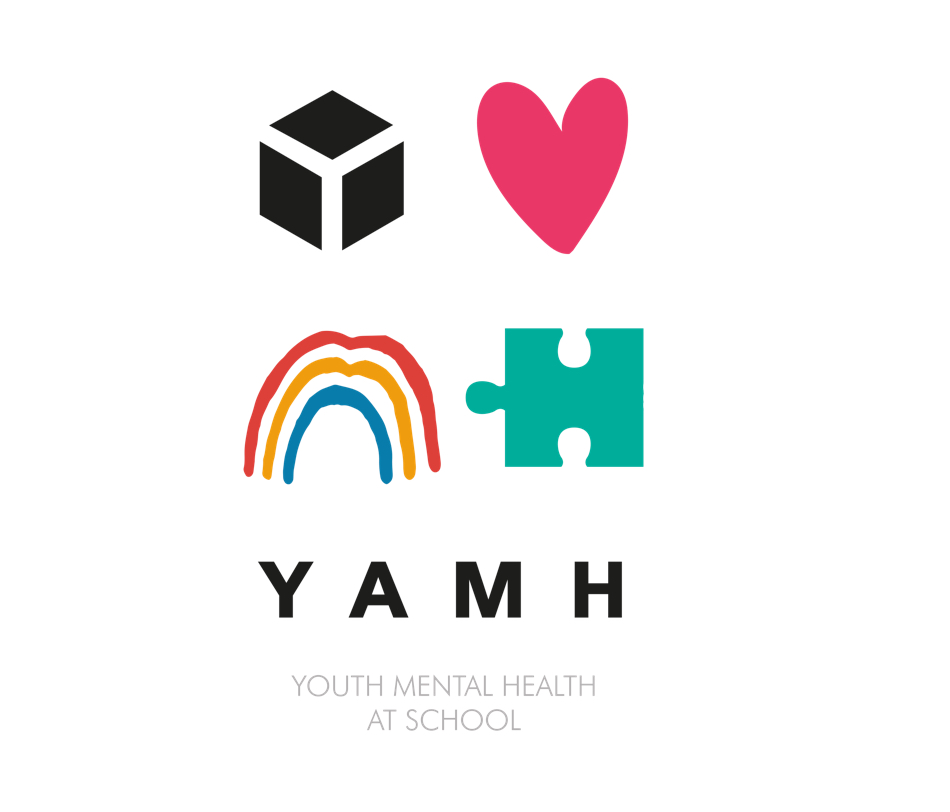
The project titled “YAMH – Supporting teachers and youth workers to promote and protect Youth Mental Health at School” is co-funded by the Erasmus+ Programme of the European Union.
The World Health Organisation states that: “Well-being and a positive mental health status are key aspects for every human”. It’s reported that 50% of mental health problems in adulthood have their onset before or during adolescence. The results of unprotected and non-promoted Youth Mental health can lead to different risks factors in early years such as early leaving of the school system, an increase in substance use or criminal behaviour in adolescence, which in turn increases the likelihood of exposure to other established risk factors in adulthood, such as unemployment, debt, and social exclusion. In order to promote and protect Youth Mental Health, there are two environments affecting the adolescent to consider: Family and School. As reflected by the “Child and Adolescent Mental Health in Europe: Infrastructures, Policy and Programmes” (EC Public Health Programme) there is a lack of available training, even though it’s highlighted as key to shaping an adolescent’s well-being, training is mostly directed at psychologists and psychiatrists at higher education levels. Also, it’s important to highlight that their own mental health is neither promoted or protected leading to common pathologies such as burnout and occupational stress in the short-term, and sick-leave and early retirement in the long term.
YAMH’s aim is to support School teachers and Youth Workers to promote and protect Youth Mental Health through the innovative life-skills approach, endorsed by the WHO, to:
Raise awareness of key mental health issues and disorder’s early signs (mechanism of mental illness, prevalence, onset age, risk factors, treatability, and possibility of recovery)
Combat the stigma of mental health disorders enhancing help-seeking and
Contribute to building up resilience at schools addressing the (a) social and interpersonal skills (communication, refusal skills, assertiveness, and empathy), (b) cognitive skills (decision making, critical thinking and self-evaluation) and (c) emotional coping skills (stress management, anger management and self-control).
This approach will permeate to the professionals, in order to help them self-reflect and apply the learnt techniques in order to promote and protect their own well-being and mental health as a preventative technique against the aforementioned common pathologies. The vastly experienced YAMH partnership will equip Teachers and Youth Workers to be a positive role model and a figure prepared to guide their pupils through the challenges, choices, and responsibilities of adulthood. This will be done through a Training Curriculum, an Online Platform of Open Educational Resources and a set of Guidelines and Recommendations on the promotion and protection of Youth Mental Health at School. What’s more, and thanks to the participation of relevant professionals, it’s been forecasted that the project outcomes may be relevant not only for the school field but for other fields of education and training such as youth work, sport, or VET.
The YAMH project – Equipping teachers and youth workers to promote and protect Youth Mental Health at School gathers representation from all the involved stakeholders in promoting and protecting youth mental health.
YAMH

